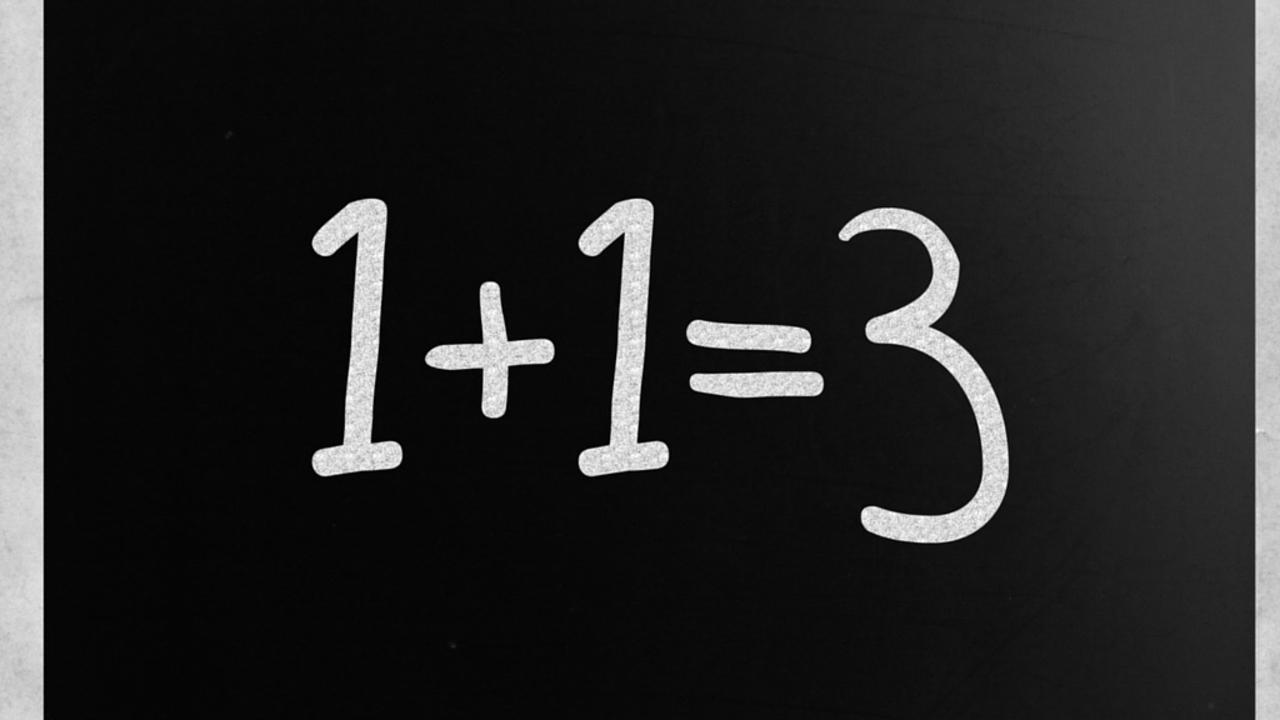WELCOME TO OUR FREE ARTICLES, VIDEOS, AND RESOURCES
Would you like us to send our best free tips, tools, and special offers straight to your inbox?
Developing Player Mental Toughness: The Most Common Coaching Mistake...

Setting high expectations and standards for players is a crucial component of any optimal developmental culture because these foundations promote quality practice environments and player self-belief. But it’s vital to match these expectations and the related challenges we set players with their ability to meet them. While some people may believe that lacking these expectations and standards as coaches (of developing players) is the most common missing ingredient to player success I beg to differ...
In my experience, the most common mistake we make as developmental coaches is in fact setting these expectations and standards without having the required understanding of how to work effectively with players who can't meet them (which of course occurs quite regularly).
These players can present as negative, soft, angry, or just generally with poor attitudes.
In such cases, without intention, our attempts to set appropriate standards for our players often instead ends up perpetuat...
Varying Time Between Practice Rallies to Develop Competitive Skill...
Typically, when players miss a ball during practice, they tend to feed the next ball in quite quickly (generally a couple of secs) without intentionally refocusing before the start of the rally.
When players do this, however, they miss out on a great opportunity to develop basic competitive skills.
Here are 2 activities I complete with players regularly to help them practice intentionally refocusing and committing to a helpful process for each new rally.
Activity 1: 5 Secs Between Rallies
When players miss a ball they must take approximately 5 secs before they are allowed to feed the next ball
Players are instructed to use this time to ensure that they are explicitly focused and committed to a helpful process before starting the next rally.
The Benefit: Although players actually hit less balls during a session, they will actually hit more with quality during the same amount of time.
Additionally, this activity helps players partially practice their discrete point-by-poin...
The On-Court Coach Communication Style Critical to Player Mental Toughness Development...
When coaches get this communication style consistently right, it's about as powerful a mental toughness promoter as there is...
That's the reason that we all should focus on it until it's fundamental to our helping style (especially when players get frustrated after missing a shot/losing a point during practice).
But because of our competitive brain it's hard not to fall for the trap of doing a poor job of this when working on improving an area of a player's game....I know I catch myself not doing it very well regularly.
And I'm guessing if I watched you coach I'd see you regularly trip up on this one as well...This video is about how to gradually boost your players mental toughness by using this simple communication style.
6 Simple Strategies To Encourage Player Skill Development...

Coaching requires a degree of explicit/directive approaches, especially when a player lacks knowledge/skill in the area being coached. Due in part to ease of delivery, it's tempting as a coach to focus our communications solely on this explicit style of advice relating to task improvement (E.G., "This is how you should do it".)
But over time, players can tend to switch off to continual explicit instructions from coaches, and we need to have more communication strategies in our 'kit bag'.
If you're working with a player who you feel is doing a poor job of listening to, and implementing, explicit advice that you find yourself continually repeating, here are 6 simple strategies that you might find improves player implementation of your advice...
1.) Check For Understanding
When you're giving a player direct/explicit advice, frequently check the player's level of comprehension.
You might do this by asking for understanding or you might look for situations in which your player...
